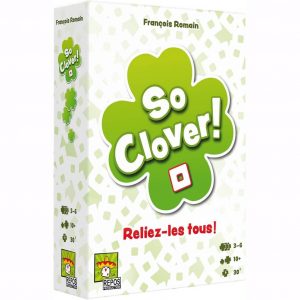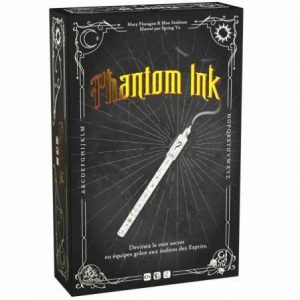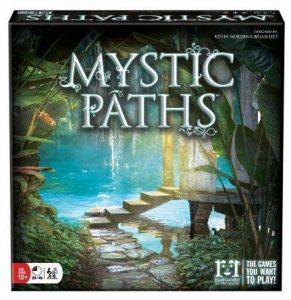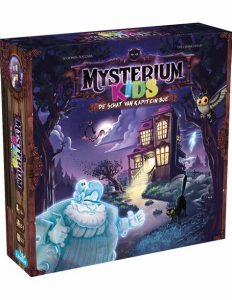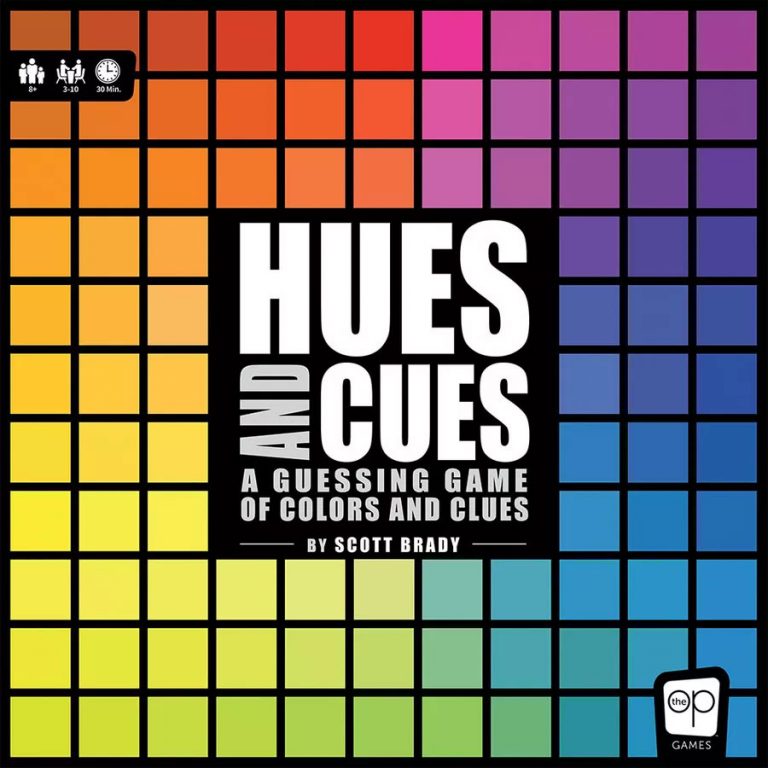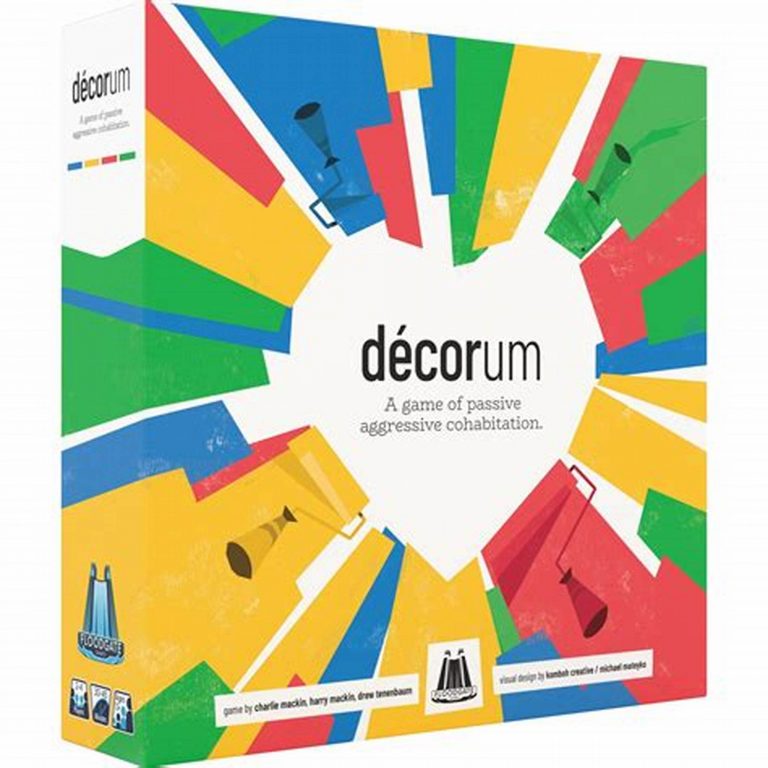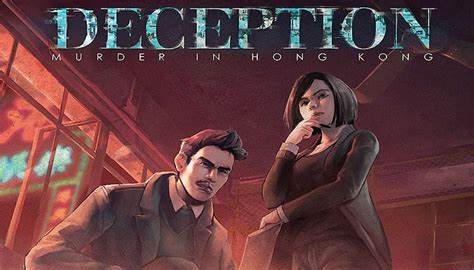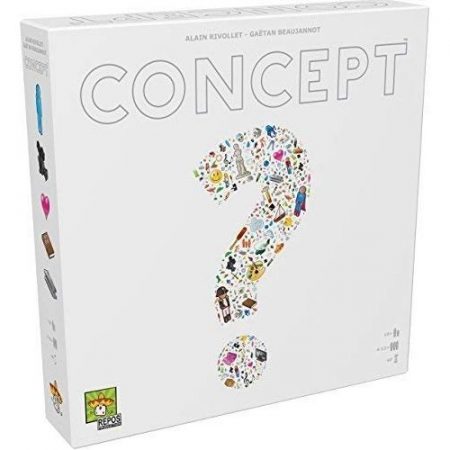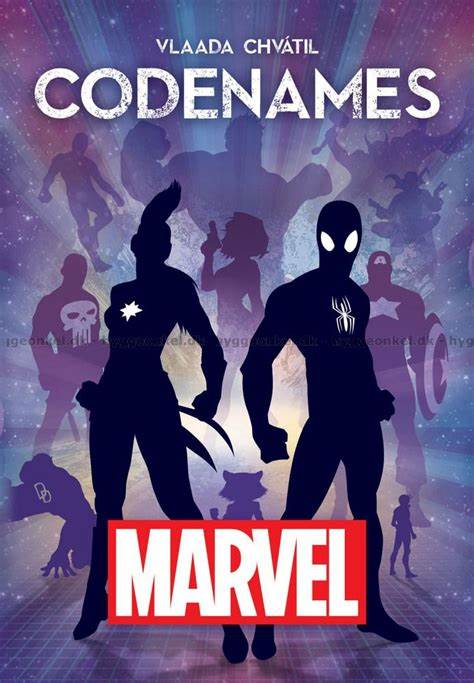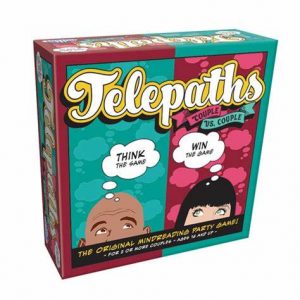
Telepaths
Learn more about your partner. Learn more about your friends, and their relationships. This is a great party game that will build on the connections you already have.
Game Mechanics:
- Limited Communication
- Party Game
- Team Based
Game Specifications:
- 2 – 4 Players
- 15 – 45 Minutes
- Difficulty Weight ??? Easy
